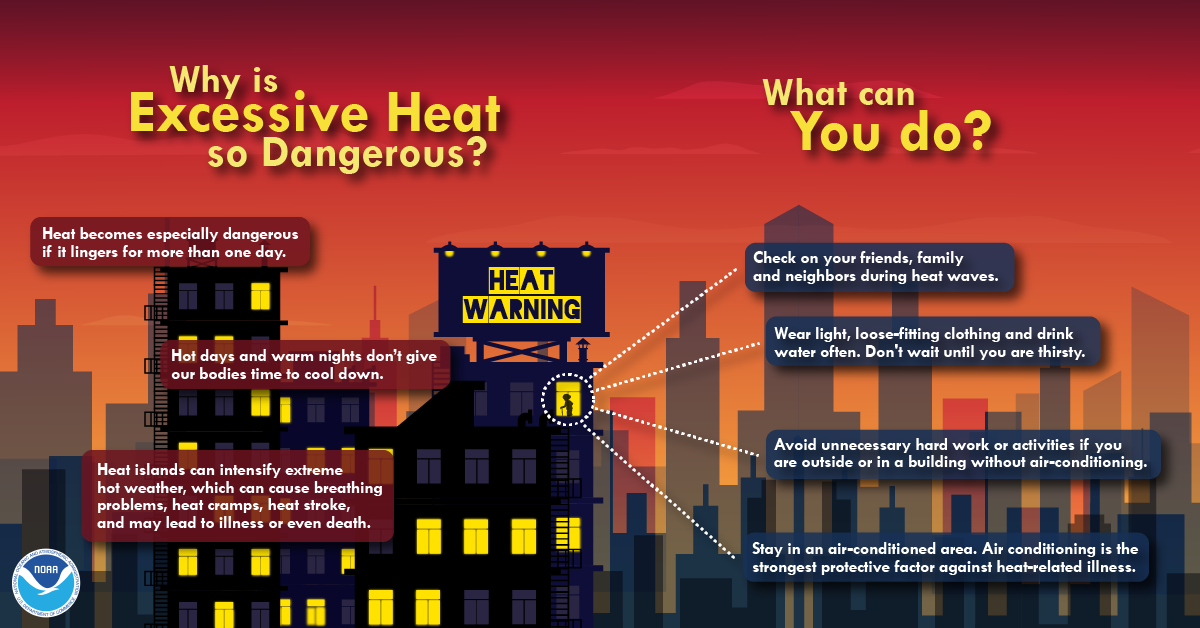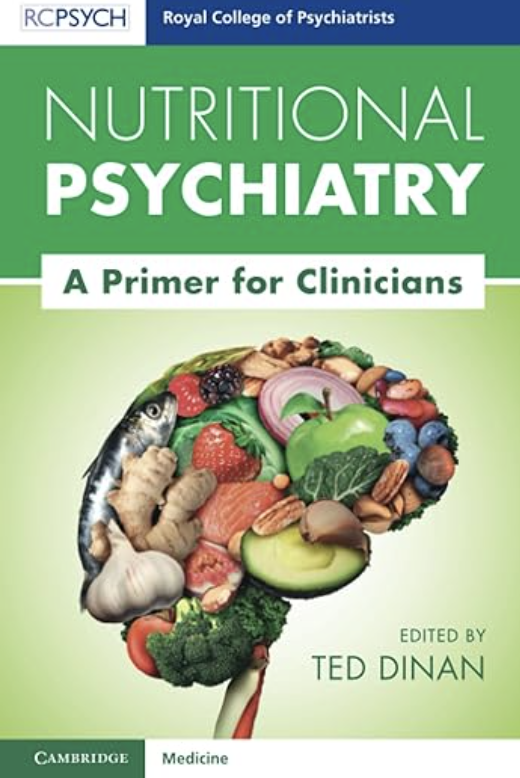|
Dallas is currently in the midst of another triple digit heatwave that, despite the no-doubt immanent arrival of pumpkin-spice season, shows no signs of letting up soon. While there are regular reminders in the news to guard against heat stroke and the physical effects of heat, it is also important to know that extreme heat can negatively impact our mental health as well. A recent meta-analysis published in The Lancet found positive associations between temperature and suicide rates, hospital admissions for mental illness, and community mental health outcomes. Aggression, domestic violence, and substance use can also increase during periods of extreme heat. Certain groups are more vulnerable to the mental health impacts of extreme heat. People with pre-existing mental health conditions, dementia, or those taking certain medications (more on that below) might be at higher risk. Socioeconomic factors, such as poverty and substance use disorders, also substantially contribute to vulnerability. Certain classes of medication used to manage physical health conditions can make it harder for your body to handle extreme heat. These include medications to treat heart conditions, blood pressure, diuretics, anticholinergics (such as those prescribed for Parkinson’s and overactive bladder), antihistamines, and decongestants.
Similarly, some medications used to manage mental health conditions can impact the body's ability to stay hydrated, regulate temperature, and respond to heat. These include central nervous system stimulants prescribed for ADD/ADHD, medications to treat depression and anxiety (SSRIs, SNRIs, and tricyclic antidepressants), as well as some medications prescribed for schizophrenia and bipolar disorders. These medications can be life-saving and have profound benefits for quality of life, so it is important for healthcare providers and patients to work together to manage medications effectively, especially during heatwaves or other extreme weather events. As we collectively navigate the extreme heat of the next several weeks, you can prioritize your physical and mental health by staying well-hydrated, taking precautions against becoming overheated, and checking on vulnerable family members, friends, and neighbors. If you'd like to learn more about the Lancet study, Dr. Robert Bright, a psychiatrist with the Mayo Clinic, talks more about that research and the effects of heat on mental health here.
Dr. Brené Brown is a professor at the University of Houston Graduate College of Social Work, and a researcher who has spent years studying, writing, and speaking about vulnerability, courage, worthiness, and shame. The video below of her 2010 TEDx Houston talk, The Power of Vulnerability, is one of the top five most viewed TED talks in the world, with over 19 million viewers. If you haven't seen it, or haven't seen it lately, it may be the most inspiring and best spent 20 minutes of your day.
Brené's latest book, Rising Strong, is scheduled for release this week. In describing Rising Strong, she writes, “If we are brave enough, often enough, we will fall. This is a book about what it takes to get back up.”
|
About the AuthorClinical psychologist Dr. Kristy Novinski contributes insights, book and film reviews, discussions of pop culture, and exploration of news and research in the field of psychology. What I'm Reading
Categories
All
|
Las Colinas Psychological Services, PLLC |
© 2023 Las Colinas Psychological Services, PLLC. All rights reserved.
|



 RSS Feed
RSS Feed

